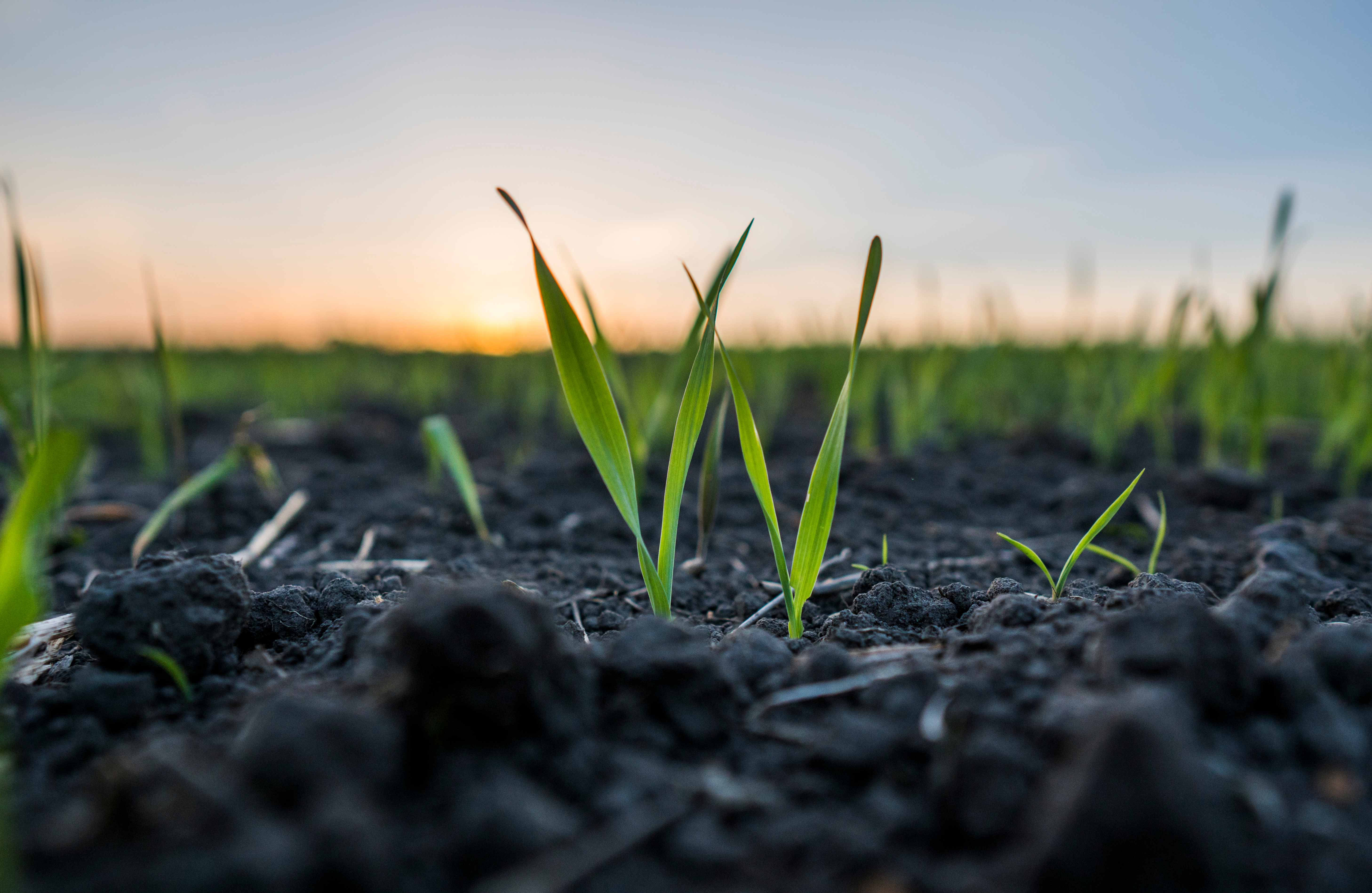Genome editing for crop improvement

Symposium
Palace of the Academies, Brussels
Organisation
Genome editing, in particular the use of CRISPR-Cas9 and other site-directed mutagenesis methods, is a new technology that very precisely modifies the genes of organisms. In July 2018, the Court of Justice of the European Union (ECJ) ruled that organisms obtained by genome editing techniques are subject to the strict conditions of the EU GMO legislation. This view has been widely challenged by scientists. The types of modifications generated by genome editing are much more precise than those derived by chemical and radiation mutagenesis, two techniques that are widely used in classical breeding and are exempt from the GMO legislation. Therefore, scientists consider genome edited crops that do not contain foreign DNA to be at least as safe as those derived from classical breeding. Furthermore, the ECJ ruling is in sharp contrast to legislation in many other countries that exempt genome edited crops from their respective GMO legislations.
This two-day symposium by the European Federation of Academies of Sciences and Humanities (ALLEA) and the Royal Flemish Academy of Belgium for Science and the Arts (KVAB) will assess the impact of the decision of the ECJ on present research and developments in genome editing in plant breeding. The symposium aims at providing an overview of the scientific evidence with respect to safety of genome edited crops and the possible impact of the technology for providing solutions to current and future problems in agriculture. The symposium will also address the economic consequences of the ECJ ruling as it is likely to affect international trade of food and feed. In addition, it will discuss issues related to the detection of the use of genome editing techniques for crop improvement. It will also examine whether mechanisms are in place which guarantee the safety of novel crop traits, irrespective of the way they are produced. Finally, the symposium will address the application and impact of intellectual property rights on genome editing techniques and genome edited plants.
Programme
7 November
12:30 Registration & sandwich lunch
13:45-14:00 Welcome and introduction
Welcome on behalf of KVAB: Prof. Karel Velle, President
Welcome on behalf of ALLEA: Prof. Hubert Bocken, Vice-president
Introduction to the symposium: Prof. Pere Puigdomènech, CRAG/ALLEA
14:00-14:30 Keynote Speech: Genome editing in different domains: same or different issues? How science and ethics interplay
Prof. em. Anne Cambon-Thomsen, CNRS and EGE
Session 1. GENOME EDITING IN SCIENCE AND AGRICULTURE
Chair: Prof. Els Van Damme, University of Ghent
14:30 -15.00 The science behind genome editing
Prof. Sjef Smeekens, Utrecht University
15:00-15:30 What can genome editing deliver for agriculture?
Prof. Stefan Jansson, Umea Plant Science Centre
15:30-16:00 Dicussion with Respondents and audience
16:00-16:30 COFFEE BREAK
Session 2. GENOME EDITING IN INTERNATIONAL TRADE AND SOCIETY
Chair: Prof. Ann Cambon-Thomsen, CNRS and member of EGE
16:30-16:55 Traceability issues
Dr. Guy van den Eede, European Commission Joint Research Center
16:55-17:20 Societal considerations related to agricultural applications of genome editing
Prof. Michele Morgante, Laboratory of Plant Genomics, University of Udine
17:20-18:00 Dicussion with Respondents and audience
18:00 - 18:15 Closing Address
Mrs. Hilde Crevits, Viceminister-president of the Flemish government and Flemish minister for Economy, Innovation, Labor, Social Economy and Agriculture
18:15-18:30 Concluding remarks | Outlook.
Prof. Pere Puigdomènech, CRAG/ALLEA
19:00 Dinner at University Foundation (separate registration and pre-payment required)
Dinner keynote by Sir David Baulcombe, Royal Society of Edinburgh/University of Cambridge “A revolution in 21st century crops driven by genome editing”
8 November
8:50-9:00 Re-opening and Welcome
Prof. dr. Dirk Inzé, Ghent University/VIB/KVAB
SESSION 3. LEGAL AND REGULATORY ASPECTS
9:15-9:40: Intellectual Property law and genome editing of crops
Prof. Sven Bostyn, Centre for Advanced Studies in Biomedical Innovation Law, University of Copenhagen
9:40-10:00 Dicussion with Respondents and audience
10:00-10:25 Risk assessment and regulation of genome edited crops
Dr Fabien Nogué, INRA Center of Versailles
10:25-10:50 Breaking the Impasse: a Governance Framework for Gene Editing with Plants
Dr Michelle Habets, Rathenau Instituut
10:50- 11:15: COFFEE BREAK
SESSION 4. POLICY OPTIONS FOR THE LEGISLATOR
Chair: Erika Widegren, Re-Imagine Europa
11:15-12:30 Round Table
Discussants:
- René Custers, VIB
- Georges Van Keerberghen, Boerenbond
- Wouter Vanhove, Groen
- Alain Deshayes, AFBV
- David Hamburger, University of Passau
CLOSING SESSION
12:30-13:00: Conclusions and outlook.
13:00. Closing Reception

